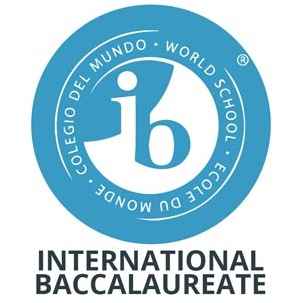

The International Baccalaureate (IB) is an international educational foundation . It offers three educational programmes: the IB Diploma Programme and the IB Career-related Programme for students aged 16 to 19, the IB Middle Years Programme, designed for students aged 11 to 16, and the IB Primary Years Programme for children aged 3 to 12. To teach these programmes, schools need to be authorised by IB. IB provides a well-rounded education thus it meets the needs of highly motivated, academically successful secondary school students by promoting: international understanding, responsible citizenship, academic excellence and self-directed learning. The IB Diploma (full IB) is obtained by completing 3 higher level (HL) and 3 standard level (SL) courses (one in each of 6 categories). In addition, candidates must take "Theory of Knowledge" course, "Extended Essay" and complete 150 hours in CAS (Creativity, Action, Service). The IB diploma is a balanced curriculum, which may be used for university: admission, scholarships and advanced credit (depending on the level of success and university requirements)

Advanced Placement (AP) is a program in the United States and Canada created by the College Board which offers college-level curricula and examinations to high school students. American colleges and universities may grant placement and course credit to students who obtain high scores on the examinations. The AP curriculum for each of the various subjects is created for the College Board by a panel of experts and college-level educators in that field of study. For a high school course to have the designation, the course must be audited by the College Board to ascertain that it satisfies the AP curriculum. If the course is approved, the school may use the AP designation and the course will be publicly listed on the AP Course Ledger
